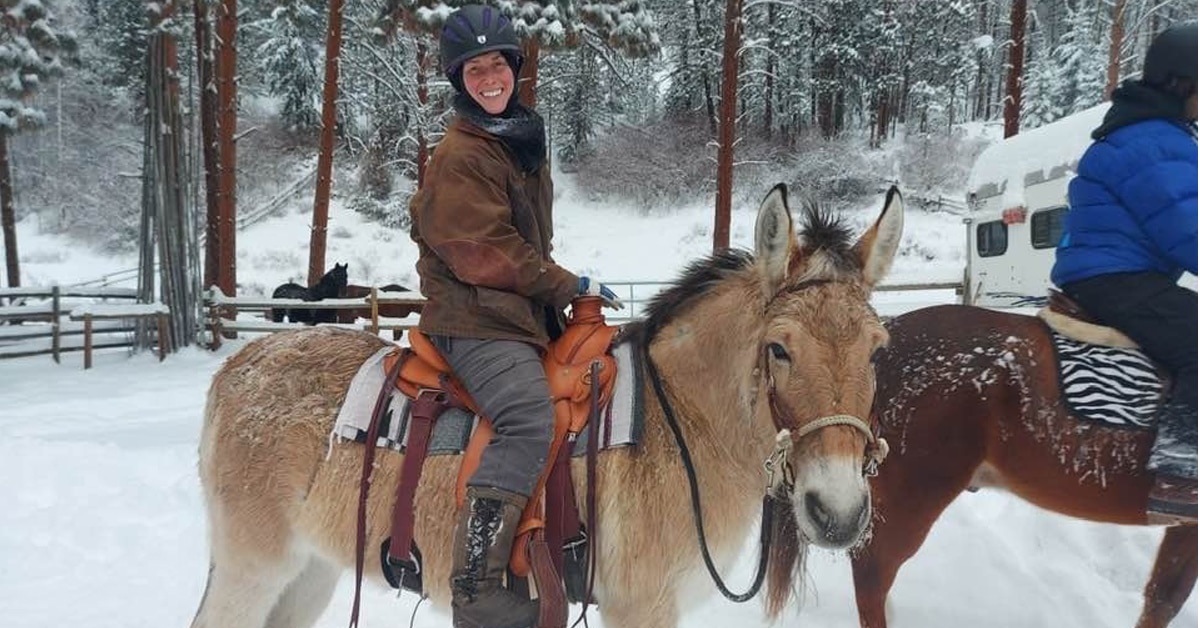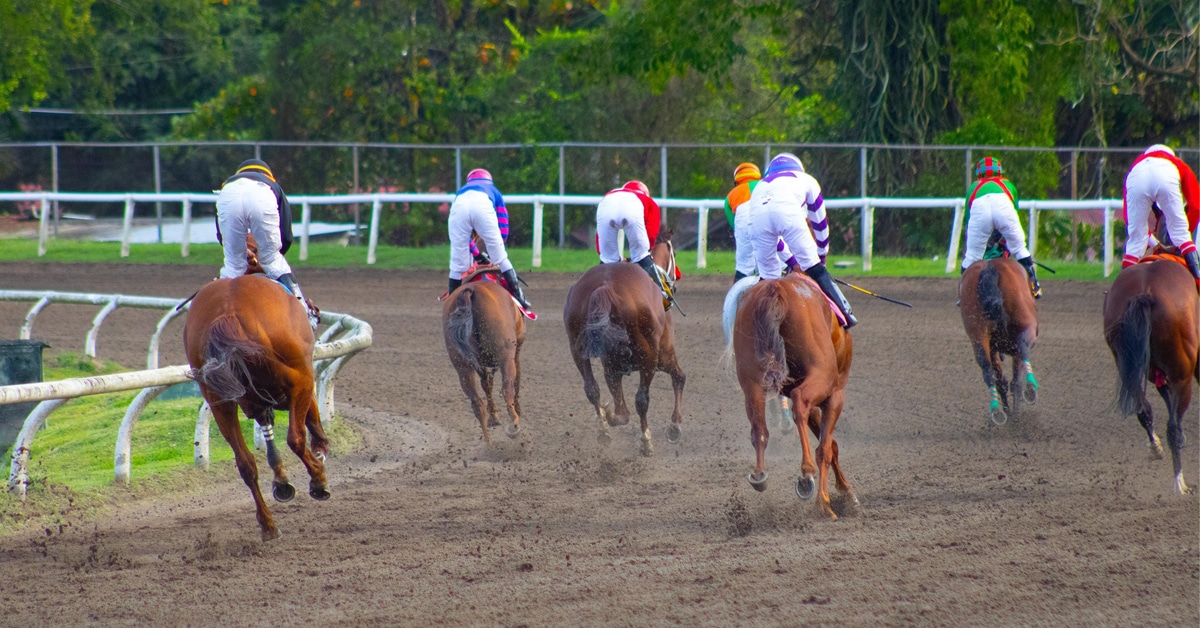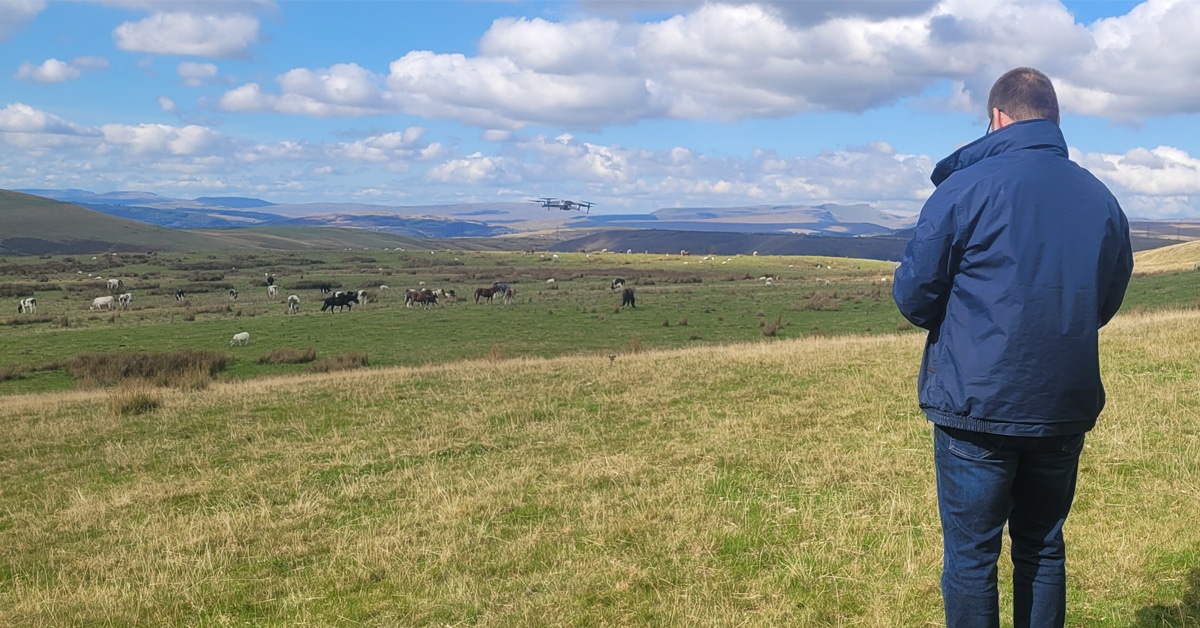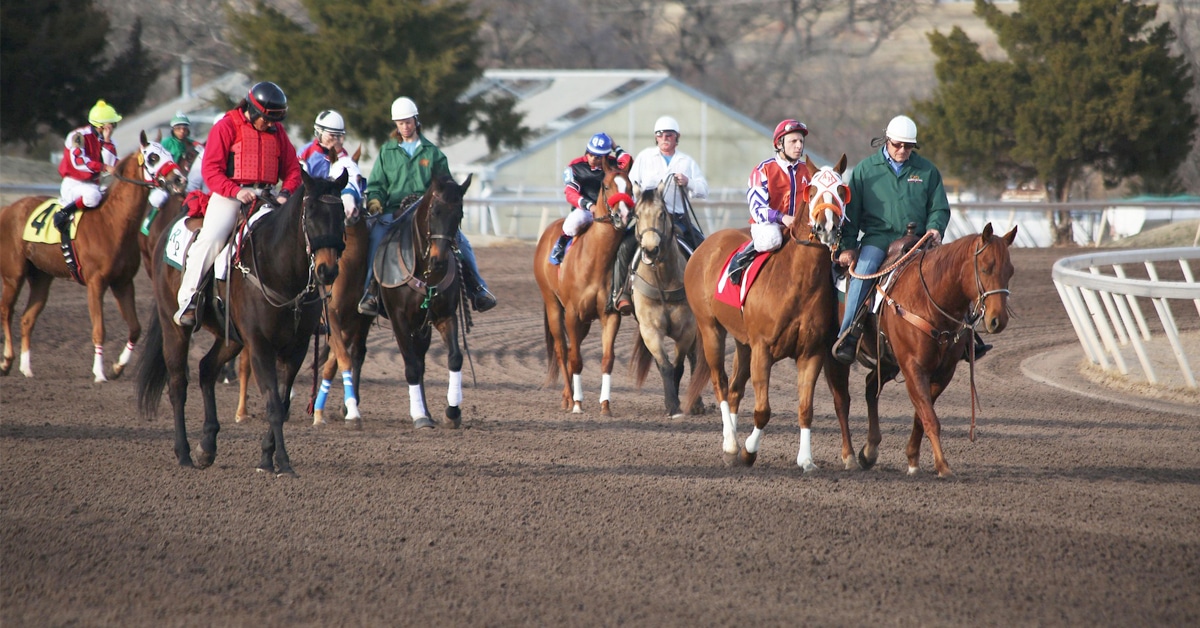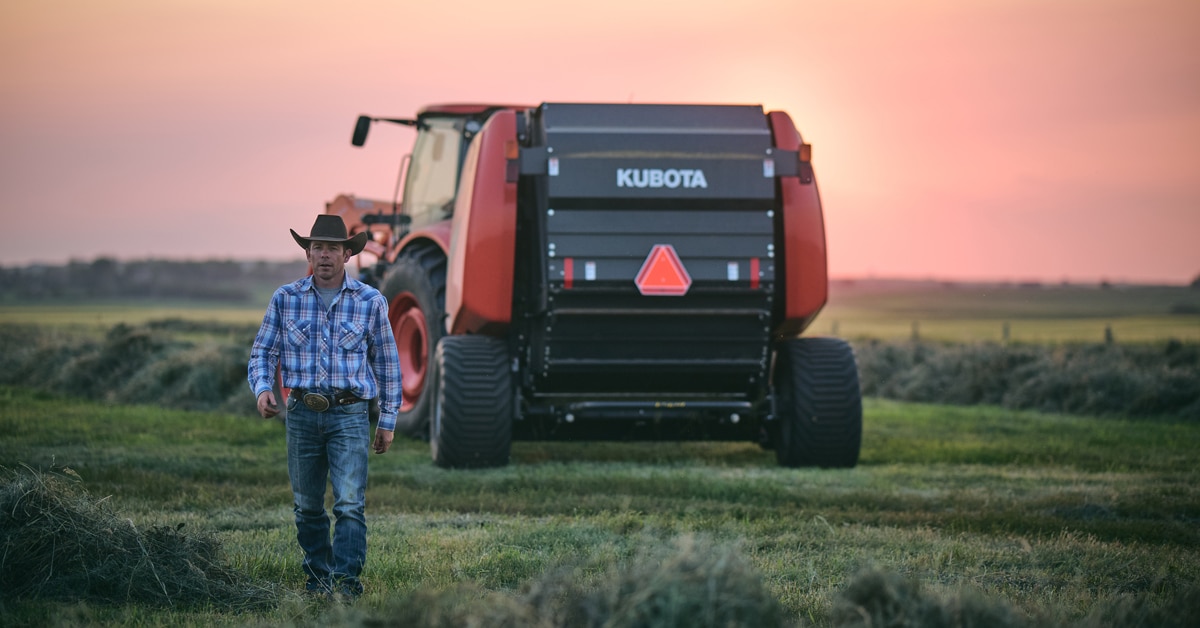Many horses have a tendency to lose weight over the winter. This can be attributed to colder temperatures requiring more energy directed to the maintenance of body temperature, as well as reduced availability of fresh feeds, particularly for outdoor horses. Winter weight loss can also be a result of a decreased work and thus muscling, as there tend to be fewer competitions in the winter season, and perhaps in part due to the lack of desire from the rider when it is 20°C!
With good management and feeding, horses can maintain their weight over the winter. Certainly an important part of helping to prevent weight loss is to ensure the horse is kept warm enough. Within a range of temperatures called the “thermoneutral zone,” horses do not need to adjust their metabolism to maintain body temperature. Below this zone, however, horses will increase behaviours such as shivering and huddling together when possible, or will decrease locomotion movement to conserve energy. The lower end of the thermoneutral zone is considered the “lower critical temperature” (LCT), and is typically about 0°C. However, the LCT will change as winter sets in, because horses will develop more of a hair coat and become more accustomed to the colder temperatures (just as 15°C feels balmy in March, but is considered cold in July).
Allowing your horse to grow a winter hair coat is often sufficient to keep him warm even as the very cold winter sets in. However, blanketing can also provide extra heat, and is particularly helpful for younger or older horses. Clipped horses should be fitted with appropriate blanketing as well. It should be noted that a good hair coat will not be as effective in wind and rain, so shelter should be provided for outdoor horses.
If a horse is kept below his LCT, and is otherwise healthy, he will increase his metabolic rate to stay warm, and will burn more calories in a day. Thus, to counteract winter weight loss due to the cold, horses should be fed more.
What the horse is fed can also impact his fight against the cold. Activity in the horse’s hindgut, where there are billions of microbes that help him to ferment fibre and allow him to access nutrition from hay can be helpful to counteract the winter temperatures. When the microbes ferment fibre to form the useful volatile fatty acids that the horse can metabolize, they also produce heat as a byproduct (just like if you visit a brewery you’ll find it is pretty hot in the room with the fermentation vat!). The heat produced by fermentation, and other digestive processes, is called the heat increment of feeding, and can be used to help keep the horse warm.
There is more heat produced for feeds high in fibre (hay, but also beet pulp or rice bran) than higher in fat (such as oils). Therefore, horses will need more calories to keep their body temperature warm when outdoor temperatures drop, and these calories can easily and efficiently met by providing the horse with good quality forages, such as hay.
The extra calories needed depends on how cold it is outside, the hair coat, blanketing and shelter, but these calories can typically be met by offering one to three flakes of extra hay per day. For outdoor horses, make sure you give them good quality round or square bales and replace them as frequently as needed, which may be faster than you’d expect in the colder weeks.
Most horses will happily eat that extra hay, but if they won’t, make a slurry of beet pulp, hay cubes, or rice bran and some of their normal concentrate or commercial feed. Use warm water to help to also keep your horse hydrated as sometimes they might not drink as much if it is too cold. If you add some mashes to your horse’s diet using rice bran or wheat bran, make sure you include it as a regular part of your horse’s daily routine, and not something they only get weekly. That weekly change to the microbial ecosystem can do more harm than good.
It is also important to remember that when a horse is constantly blanketed, and/or has a big hair coat, it might be difficult to monitor your horse’s body weight. Recall that “body condition” refers to how much fat coverage the horse has over its body, and ideally a horse is about a “5” on a 1-9 scale; where 1 is emaciated and 9 is grossly obese. Body conditioning requires you to look at and to palpate the body for fat coverage across the shoulder, ribs and tailhead area, and in the winter it might be harder to do so. Even if you’re not riding your horse, you should take off his blankets daily for grooming and to make sure there are no rubs, as well as to run your hands over him to feel for fat coverage, and to make sure he isn’t losing (or gaining) too much weight. Hairy horses might appear fleshier, so you need to get in and feel the horse. Keeping a record on your horse’s body condition as well as monitoring his weight (ideally with a scale, but a weight tape is sufficient) can help you make note of any changes before they get too severe.
Preventing weight loss is typically easier and cheaper than rehabilitating a thin horse. If your horse does start to lose weight, you need to get him eating more sooner than later. Increasing the amount of forage or other high fibre feeds is always the safest way to add in more calories. Increasing grain can result in colic. And as noted previously, hay can provide some added internal heat combustion. If even more calories are required, adding vegetable oil to a mash or slurry is a cheap and effective way to do so. Oil has almost two times the calories per unit weight than most grain mixes, so it is easy to increase caloric intake without having to increase the volume that is fed. (See the September/October issue for more on feeding oils.) While oil won’t provide any heat increment of feeding, you’re hopefully already maximizing that by having already increased the hay/high fibre feed.
It is also a good idea to try to keep your horse in some kind of activity throughout the winter. This will not only help your horse maintain muscle mass, but will also help him ease back into fitness for the spring.
Maintaining a healthy winter weight requires you to track your horse’s body condition, as well as his coat quality and/or blanket weight and appropriateness and feed increased forage and, possibly, oils according to his needs.
The Latest

